Download Speeds Are Primary Factor in Users' Broadband Decisions: Ookla
The battle for users intensifies due to competitive responses from cable, DSL, fiber and even satellite providers.
Jericho Casper
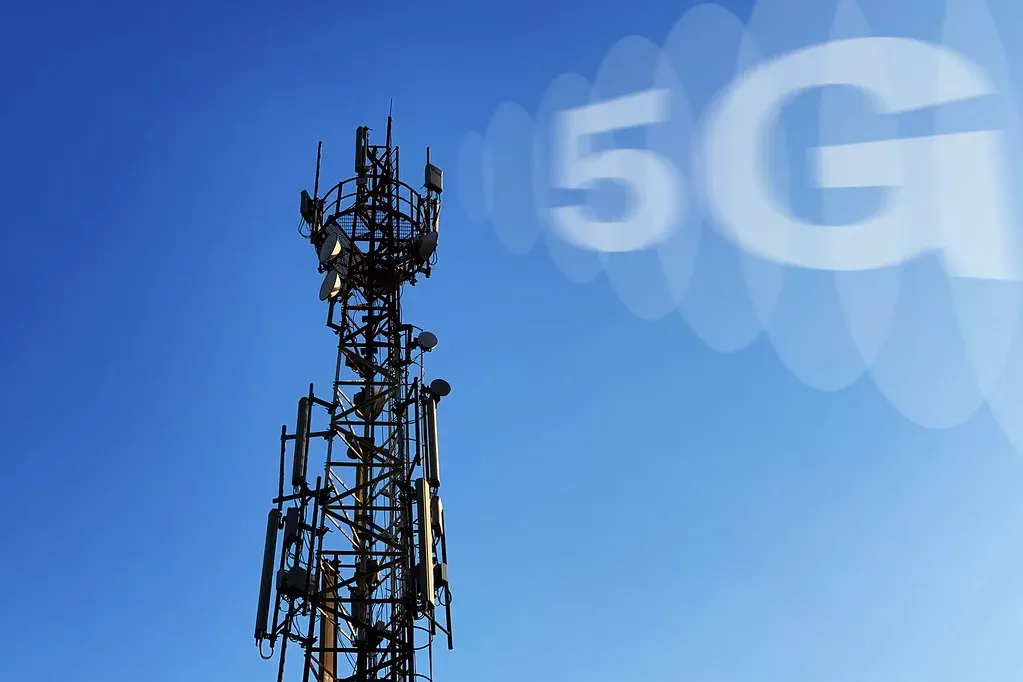
WASHINGTON, December 21, 2023 – A recent Ookla report finds download speeds are a primary factor influencing users’ decisions to switch between cable, fiber, and fixed wireless providers.
The analysis of customers from major internet service providers in the U.S. who switched to T-Mobile’s fixed wireless access service reveals that their median download performance prior to switching was lower than the overall median performance of all customers across major ISPs. Those users joining T-Mobile’s FWA service recorded an increase in their median download speed of 13.04 Mbps.
At the same time, users joining Spectrum, Optimum, Cox and XFINITY from T-Mobile’s 5G FWA service experienced median download speeds over 100 Mbps faster, reports Ookla, highlighting the performance advantages that cable and fiber providers maintain over FWA, it said.
The report finds cable and DSL providers are shouldering the majority of user churn, with existing cable and DSL customers forming the primary group transitioning to both T-Mobile’s and Verizon’s FWA services.
While this shift is predominant, there’s a two-way flow occurring: T-Mobile’s larger user base exhibits some migration toward cable providers. In rural areas, where choices are restricted, FWA services are engaging in direct competition, with over 10 percent of users opting for Verizon’s FWA service transitioning from T-Mobile.
The competitive pricing tactics employed by FWA providers have driven prices down across the market, according to the Ookla report. As cable operators face the bulk of customer turnover, their strategic price competition is enticing some FWA subscribers to return to cable services, it added.
Ookla reports that major wireless carrier T-Mobile currently leads the 5G fixed-wireless market share, closely followed by Verizon. AT&T currently lags in terms of service, having recently launched its updated FWA service, AT&T Internet Air, in August 2023.
Nationally, T-Mobile and Verizon’s 5G FWA performance remains robust. Despite substantial customer growth, both companies have sustained their performance levels over the past year, as indicated by Ookla Speedtest data.
In the third quarter of 2023, both ISPs exhibited comparable median download speeds of over 120 Mbps. However, T-Mobile retains an advantage in median upload performance at 17.09 Mbps, while Verizon’s average upload speed trails at 11.53 Mbps, as shown by Ookla Speedtest data.
The Ookla analysis sheds light on the evolving performance of 5G fixed wireless access (FWA) across the nation and its impact on market dynamics.
Still, notable variations in performance exist at the state level and between urban and rural settings. The performance of 5G FWA services depends heavily on the spectrum bands available in each location.
The report suggests the introduction of more C-band spectrum will bolster the argument for FWA. The rollout of extra C-band spectrum across all three national cellular carriers, coupled with AT&T’s new FWA service, may elevate performance and intensify competitive pressures in 2024.
The data and analysis was gathered through consumers using Ookla’s Speedtest website on internet connections on user devices across the globe.



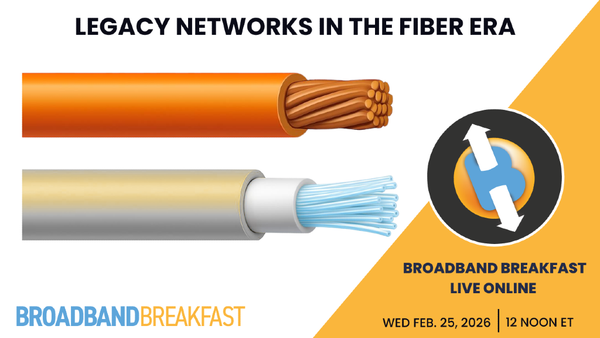
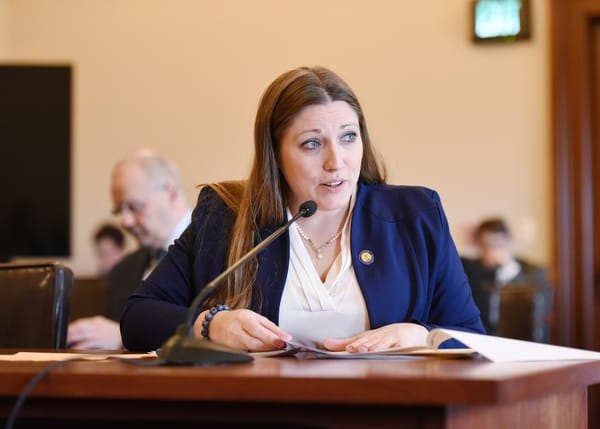
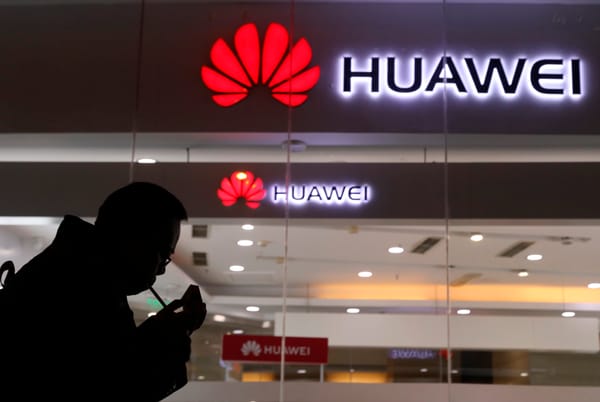



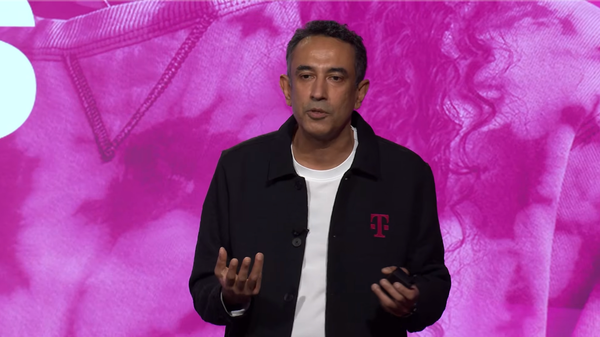
Member discussion